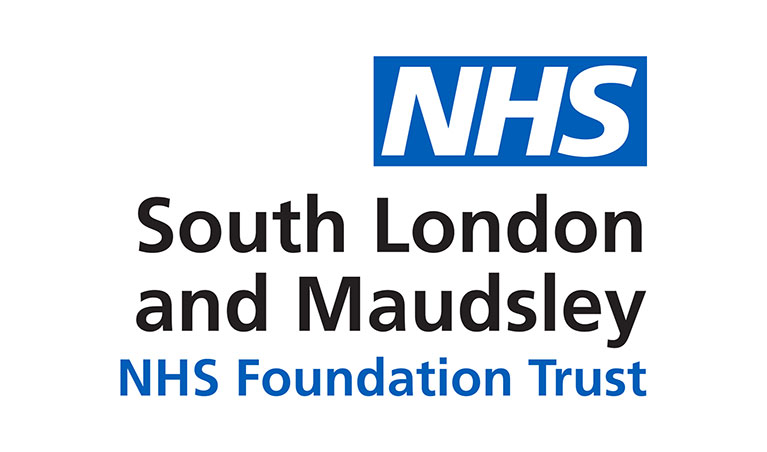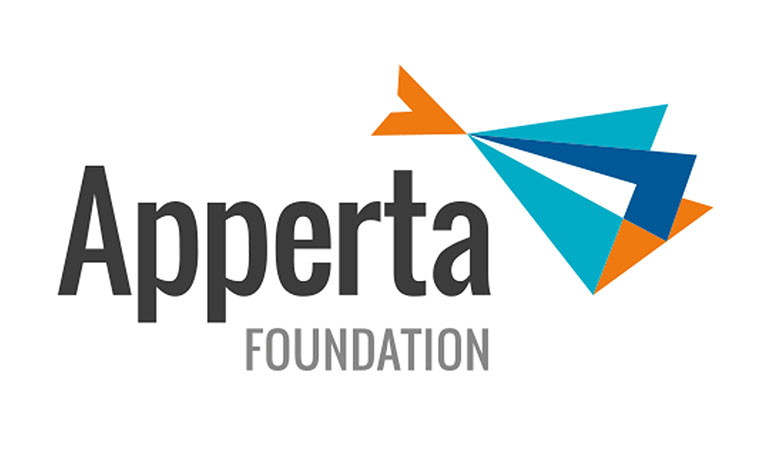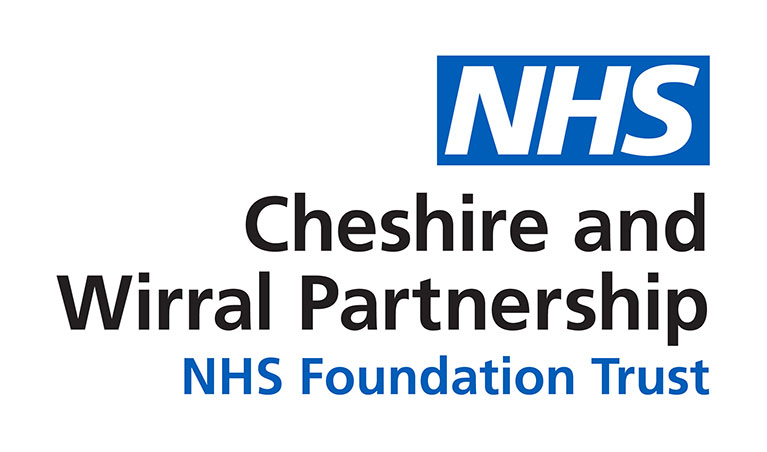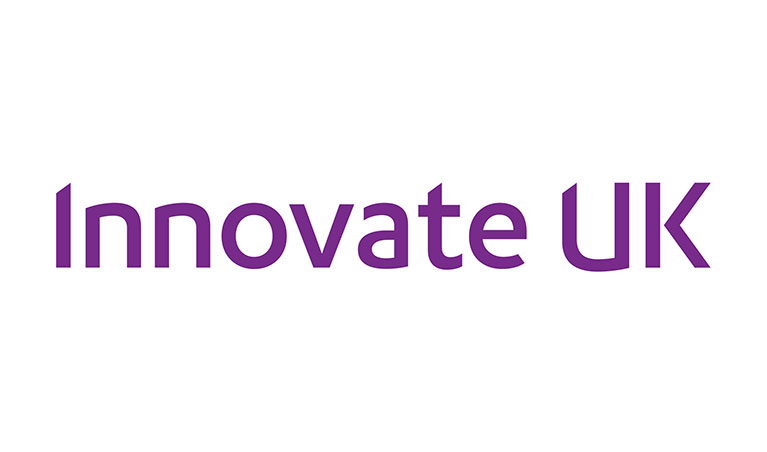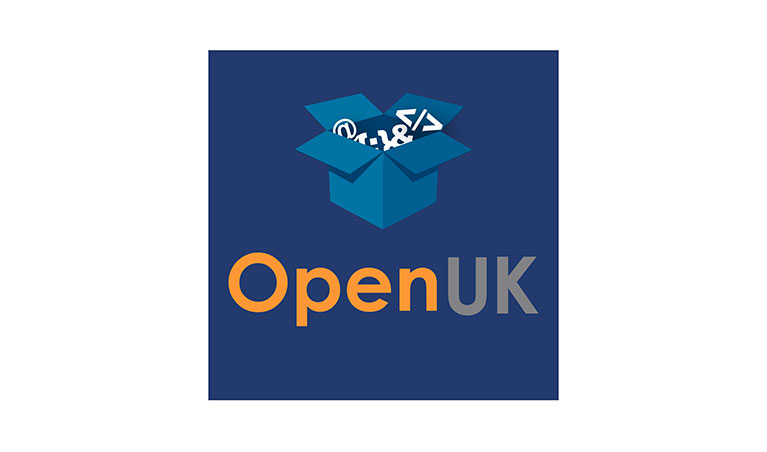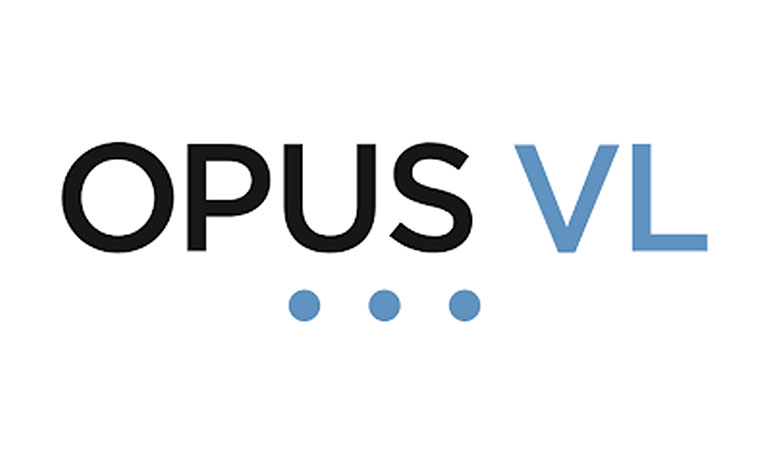
Develop in the Open (DITO)
Funder: InnovateUK
Duration of the Project: May 2019 – November 2020
CU project team: Nikki Holliday (PI), Professor Richard Aspinall, Paul Magee, Dr. Kim Bul, Professor Petra Wark
Project objectives
Funded by InnovateUK, the DITO project seeks to improve patient outcomes and reduce staff administration time when developing digital systems to enable their constant improvement and remove vendor lock-in. This will be achieved by implementing an open approach to the full digital application life-cycle, developing an eObs application which will provide an essential support system to reduce deterioration of patients, and subsequent rapid response processes.
Impact statement
Economic benefits
The economic benefits of improved patient outcomes from better eObs patient observation system is hard to quantify as it has further wide-reaching outcomes from mental health to productivity and reduced need for further intervention. Immediate benefits will be reduced staff time and reduced human error compared with manual administration. Just a small improvement in patient outcomes will save the NHS £millions and improve morbidity and mortality rates.
Adopting an open software approach will eliminate prohibitive annual software licensing and adaptation costs while delivering a flexible public asset that can readily be adapted to individual NHS trust needs. Re-using software across the sector will improve the quality of the software whilst reducing costs of isolated trial and error projects. This is critical as continued capital expenditure on repeating infrastructure work that could be solved once and reused is a major limiting factor in the expansion of health technology into more advanced areas such as AI and data analytics.
Governmental priorities
This project aligns with priorities for improving productivity, increasing digital skills, using open source and open standards. It's aligned with NHS priorities for paperless wards by 2023 and improvement of services and costs reduction (fullfact.org: Spending on the NHS in England). The Secretary of State for Health and Social Care states: 'it is an immediate priority of mine to sort out the technology of the NHS and social care systems' (Matt Hancock's speech at NHS Expo 2018) and the £7billion per year spent on enterprise licences (research published by TechMarketView) is unsustainable.
Environmental impacts
An effective electronic patient observation system will directly eliminate current paper-based record keeping systems. Better patient outcomes and reduced secondary interventions will reduce patient travel to appointments with big CO2 savings.
Regional impacts
Local skills are utilised to support an implementation. With proprietary software, only the originator can usually make changes - often exporting work abroad. With open source, there are more opportunities for skills to be developed and employed locally to improve the application and its operations.
Societal impacts
Improved health and safety and quality of life resulting from better patient outcomes due to improved care practices as a direct consequence of better patient monitoring processes. Recording observations on paper charts is fraught with challenges and prone to errors. Electronic charting systems will make it easier to spot and act on patient deterioration. Timely observations have been linked to appropriate escalation and reduction in cardiac arrests.
Partners
